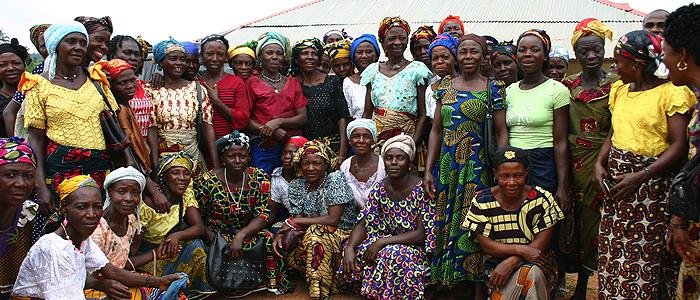The federal government through ministry of agriculture has conducted training for over 6,000 rural women farmers on the impact and mitigation strategies for women farmers on climate change as part of ongoing diversification efforts to improve food security in Nigeria.
The workshop conducted in Abuja for the North central Zone was declared open by the Permanent Secretary of the Federal Ministry of Agriculture, Ernest Umanike, represented by Gertrud Orji, who disclosed that the workshop is part of the implementation of the national gender policy on agriculture.
The climate in Nigeria is already changing with rise in sea level, flooding, drought, desertification and frequent extreme weather conditions that adversely affect fresh water resources and loss of biodiversity.
APPEALS Empowers 1,786 Women, Youths in Agriculture
This necessitated the need for capacity building at the individual, group and community level, as well as higher levels of capacity training at the state and national level to engage in climate change responses.
Advancing Women in Economic Development (PAWED) supported the training program, and was anchored by the Development Research and Projects Centre, as the last phase of zonal workshops organized at the six geopolitical zones for women farmers to train them on modalities and strategies to mitigate the impact of climate change in Nigeria.
APPEALS Empowers 1,786 Women, Youths in Agriculture
The Assistant Director Gender of the Ministry, Ifeoma Anyanwu, at the program said that the workshop is a climax for the implementation of the National Gender Policy, that provide a clear direction for the implementation of guidelines and actions that will ensure fair and equal participation of smallholder women farmers in the entire agricultural value chain process.
The Minister of Women Affairs, Pauline Tallen, represented by the director of economic development in the ministry, Idris Muhammed, advised the participants to take the training serious to ensure food secutity and reducing overreliance on foreign food imports.



